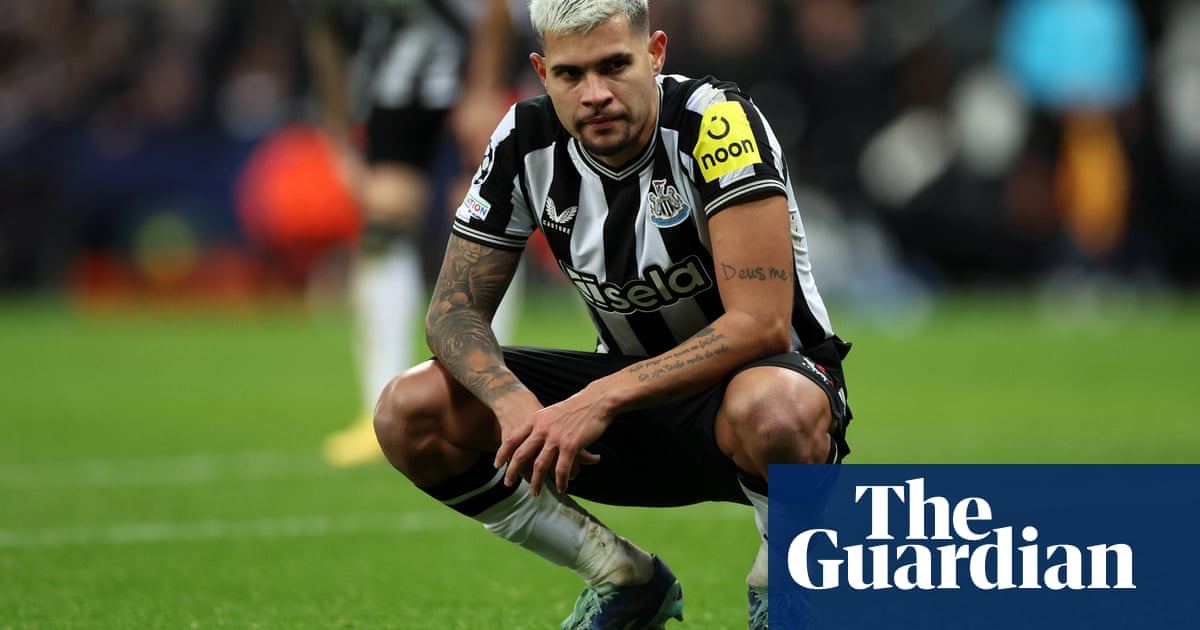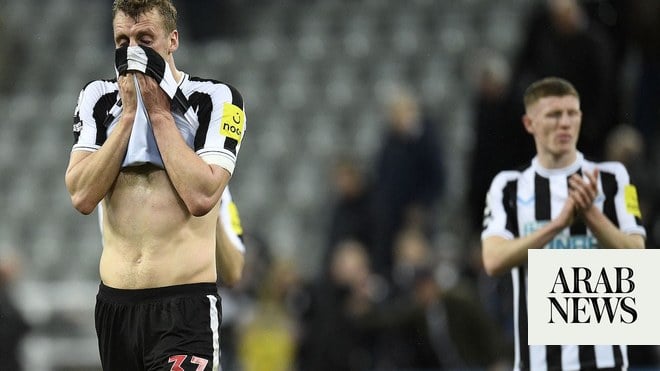
It hits you when you stop. After the 2018 World Cup in Russia, Gareth Southgate was so exhausted he would nod off at various times and in various places – much to the amusement of his family who, in his words, “took all sorts of ridiculing pictures of me for a few weeks on holiday … it became a standing joke”.
Southgate needs another break. The England manager looked spent on Monday morning as he stared into his last Zoom call of Euro 2020 with the media. Who could blame him?
There was plenty of soul-searching about the night before, when his team had lost on penalties to Italy in the Wembley final, and its fallout, chiefly how the players who had missed their kicks – Marcus Rashford, Jadon Sancho and Bukayo Saka – were racially abused on social media. “We have to make sure we are looking after those boys … that’s been at the top of my thinking all night,” he said.
Southgate has loved working with his squad for a sustained six-week period, to “really embed the culture, our way of playing”, which happens for an international manager only at tournament time. It will be difficult for him to see the players less frequently and it is plain he would love to return one day to club management, maybe after the Qatar World Cup at the end of next year, when his current contract with the Football Association expires.
Above all, though, there was desolation, the kind of pain that takes hold when glory is within reach only to dance away and continues to debilitate for some time. “When you are so close, that’s even more painful – it feels like my stomach has been ripped out this morning,” he said.
“You know that these opportunities are so rare and to know what it has taken and that you’ve got to pick yourself up and go again … that’s very hard the day after.
“You’ve given everything and the energy levels are low, the emotions are drained. We will go again but sometimes it’s easy to say things like: ‘Oh, we can go on to Qatar now and win.’ It’s a bit glib. That’s a long journey.”
Southgate had not yet watched the 120 minutes against Italy; the forensic debrief will happen later. But he had, as usual, thrown the game around in his mind – the good bits and the bad.
The good happened in the first half, especially the opening 20 minutes, when Italy seemed surprised by the wing-back system with Kieran Trippier and Luke Shaw pushed high, the wide forwards, Raheem Sterling and Mason Mount, tucking inside and the centre-forward, Harry Kane, dropping off. England switched the play quickly and they asked questions while, without the ball, they got players close to Italy’s midfield tempo-setters, Jorginho and Marco Verratti.
Where it started to go wrong was after the second-half restart when England sat too deep and could not make passing combinations higher up the pitch. For long spells, it felt as though there was no way out for them; they invited the pressure. It added up to their losing control of the midfield, which Southgate addressed when he switched to 4-3-3 in the 70th minute, although this, in his opinion, “did open up spaces elsewhere”.
Southgate said: “We picked a team because of a tactical problem that Italy pose and areas of the pitch where we needed to get pressure on them and where we thought we could hurt them. For the first 45 minutes, I think everybody would agree that it worked.
“We probably had a 20-minute period where we didn’t keep the ball as well as we needed to after half-time. We were a little bit open and we couldn’t release the pressure by keeping the ball.
“They went with a false nine for a period [Lorenzo Insigne, after Domenico Berardi had replaced Ciro Immobile] which is difficult to deal with. If your defenders step out they leave spaces; if they stay in you get overloaded a bit in midfield. And we didn’t create the chances that we would have liked. If I didn’t get it right, I have to live with that.”
It is not all doom and gloom. Far from it. After finishing fourth in Russia, England have now come second, with a third place in the 2019 Nations League in between. It is a level of achievement to cement belief and Southgate knows national teams have tended to go close before they win a tournament.
Moreover, with the spirit good, similar to that of a successful club, the majority of Southgate’s squad are not yet in their prime and he has two players over the age of 30: Kyle Walker and Jordan Henderson, who are 31.
“The young ones are still two, four years from peaking,” Southgate said. “They can go again. All of this team can go again. Russia was the beginning of the journey and we had seven in the starting team against Italy from Russia – their experience was crucial during the tournament.
“There is now another group [of young players] with more understanding of that high level and, because of what they have been through in these two tournaments, they will want more, they know they can get close and that’s what we have to build on. They will know: ‘This the level we need to get to if we want to win.’”












